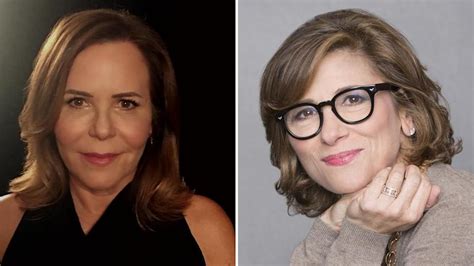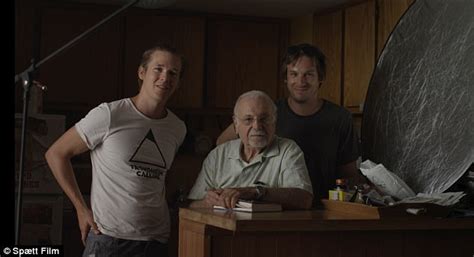A Quote by Francisco Goldman
Great fiction has been written out of the very darkest circumstances of our narco violence, and nothing written in either fiction or nonfiction has penetrated that darkness so memorably - you can even say beautifully, a relentless riveting forensic dark beauty that some readers in fact find themselves unable to endure - as Roberto Bolaño's 2666. Especially in "The Part about the Crimes." But here's the thing: nobody would call 2666 a "narco novel."
Related Quotes
I'm a little skeptical of so-called narco fiction, I have to say, though some writers I admire may have written some narco fiction. You feel the dread and the atmosphere in Yuri Herrera's extraordinary novels, but you'd never say that what he writes is narco fiction. The same goes for Martin Solares's novels, inspired by the nightmare city of Tampico, where he's from. Valeria Luiselli, Álvaro Enrigue, I know that they're deeply affected by what goes on in Mexico, but their wonderful writing points in another direction, though not necessarily always and only.
I write fiction longhand. That's not so much about rejecting technology as being unable to write fiction on a computer for some reason. I don't think I would write it on a typewriter either. I write in a very blind gut instinctive way. It just doesn't feel right. There's a physical connection. And then in nonfiction that's not the case at all. I can't even imagine writing nonfiction by hand.
I've never written a fiction before about real people. . . . I read everything that I could find by people who met them and tried to get some impression of them, but as always when you write fiction, even if you have completely fictitious characters, you start by thinking of what is plausible, what would they say, what would they be likely to do, what would they be likely to think. At some point, if it is every going to come to life, the characters seem to take over and start speaking themselves, and it happened with [COPENHAGEN].
In a brilliant fusion of fact and fiction, Jayne Anne Phillips has written the novel of the year. It's the story of a serial killer's crimes and capture, yes, but it's also a compulsively readable story of how one brave woman faces up to acts of terrible violence in order to create something good and strong in the aftermath. Quiet Dell will be compared to In Cold Blood, but Phillips offers something Capote could not: a heroine who lights up the dark places and gives us hope in our humanity.
The Buddhists say there are 149 ways to God. I'm not looking for God, only for myself, and that is far more complicated. God has had a great deal written about Him; nothing has been written about me. God is bigger, like my mother, easier to find, even in the dark. I could be anywhere, and since I can't describe myself I can't ask for help.
I think, about the distinction between fiction and nonfiction. Fiction is not really about anything: it is what it is. But nonfiction - and you see this particularly with something like the BBC Samuel Johnson Prize for Non-Fiction - nonfiction we define in relation to what it's about. So, Stalingrad by Antony Beevor. It's "about" Stalingrad. Or, here's a book by Claire Tomalin: it's "about" Charles Dickens.
Narco fiction novels have a reputation, at least here in Mexico among some of the writers I know, of being somewhat rushed productions, usually written in one way or another like crime thrillers, with something cheesily exploitative about them. It feels exploitive - taking this horrible and ongoing tragedy and trying to turn it into something entertaining. Or trying to turn it into something that might earn the writer a reputation of the sort that many writers believe they aspire to. Or earn them money.
I tried to fortify myself with the best nonfiction and fiction I could lay my hands on, from the essays of James Baldwin and Joan Didion, to the stories and novels of Ralph Ellison, Roberto Bolano and Celine. Distinctive voices like these were a source of constant nourishment on all range of matters, from punctuation to philosophy.
Going from memoir to fiction was fantastic. I had been afraid to move away from memoir; I'd written some novel drafts, but they weren't well received by my agent at the time, and it had been drilled into me that "memoir outsells fiction two to one" (not sure if that's true anymore, or if it ever was), so I felt like the only smart thing to do, professionally, was to keep mining my life for painful moments to recapitulate.




































